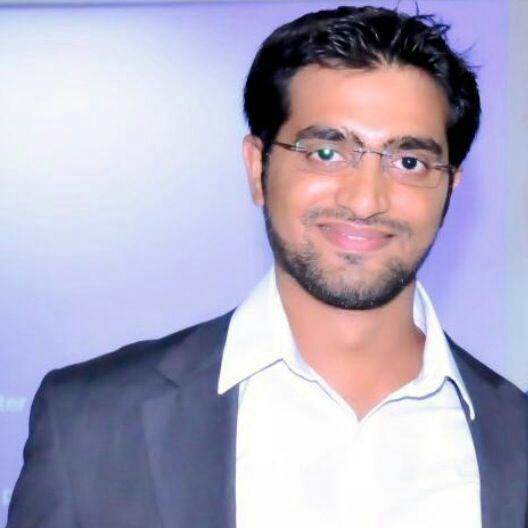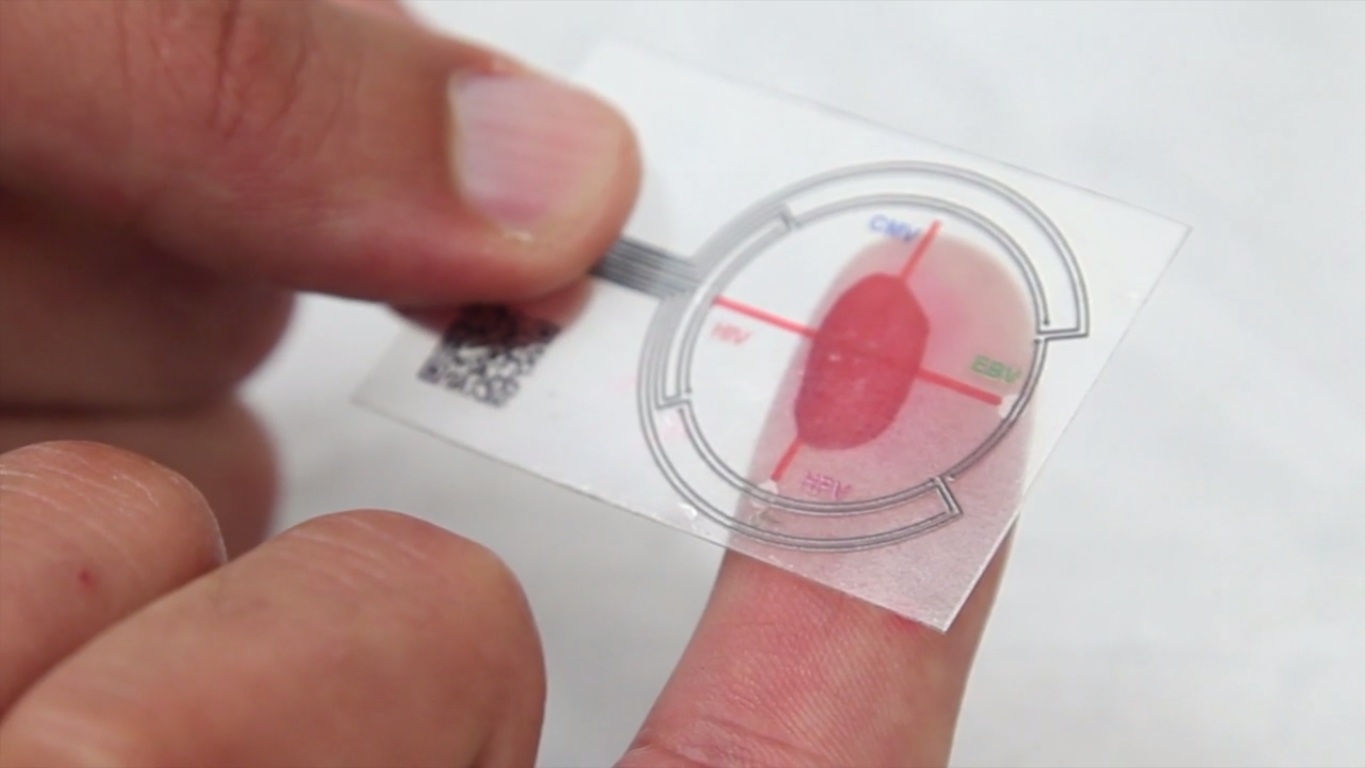The Grocer’s Son Who Is Working With A Harvard Team On Detecting HIV With A Finger Prick Of Blood
Sultan Khetani could not afford to pay his school fees. Today, he is part of a Harvard team which has developed a technology to detect the HIV virus at diagnose stage. A grocer's son, Khetani believes in taking chances and following his passion. Read his journey from Ameli, a small village in Gujarat, to Harvard and how the revolutionary technology works.

Sultan Khetani could not afford to pay his school fees. Today, he is part of a Harvard team which has developed a technology to detect the HIV virus at diagnose stage. A grocer’s son, Khetani believes in taking chances and following his passion. Read his journey from Ameli to Harvard and how the revolutionary technology works.
They say that if you actually want something and are passionate about it, you will get it no matter what, and we couldn’t agree more. Sultan Khetani is one such person who has proved that nothing comes in the way of true passion.
Khetani was born in an economically poor family where his father worked as a grocer to earn the family’s bread and butter. Born in a small village in Gujarat’s Ameli District, Khetani left home at a young age of four and spent all his childhood and teenage years living in various hostels.

“We belonged to a poor family and could not afford to pay for my schooling. Hence, I would travel from one hostel to another in Panchgani and Mumbai where trusts like the Fidai Trust and Life Trust would pay my fees. I never paid anything for my education yet somehow, through support from various people, I could continue my studies. I don’t even know where my fees came from and who paid for it,” says Khetani.
Ever since he was a child, he wanted to do something “different”. “I did not know what exactly, but I knew that I wanted to do something which involved machines and the human body,” says Khetani.
He planned to apply to IIT but somehow missed the deadline and got admission in a private college instead. “I would skip my college classes and spend time in a library reading books on Biomedical engineering. I guess that was the best place for me, and it helped me to realize my passion,” says Khetani. After graduation, he decided to follow his passion and do his masters in Biomedical Engineering.

While pursuing his masters from the department of Biomedical Engineering at SRM University, he applied for a Master’s thesis project in Harvard and got selected there. “I had gained some experience in this field as I kept working on and off ever since I was in first year of my engineering, and this helped me tremendously,” says Khetani.
“I do not believe in deadlines. I think if you want to do something very badly, just go for it and apply even if you have missed the time slot. If you are really worthy, you will get it no matter what. I just sent emails trying my luck, and look, I actually got it!” he further adds.
Khetani is now part of an eight member team where he is working to develop a low-cost hand-held microchip device for rapid HIV detection and treatment monitoring through viral load measurement on paper. In simple terms, this technology will enable the user to identify and detect the HIV virus in the body at the point of diagnosis.

How does the technology work?
The unique technology will enable users to do viral load testing on their own without having to spend a huge amount in hospitals. Using a finger prick of blood placed on a disposable paper with flexible electrodes, one can find out the viral load in the body. Large quantities of such microchips can be made through printing technology at minimal cost. The test results can also be transmitted to the user’s mobile phone enabling him to send the results to a laboratory or a physician.
“The technology is unique because of its low-cost model. Unlike conventional technologies which cost around $200-$400, this technology costs only a few pennies. Also, the traditional tests take around 4-5 days to generate test results while this technology can give you the result in just 30 minutes,” says Khetani.
The technology can also be used to detect other diseases like hepatitis, influenza, and herpes.
“We have developed a weapon that can potentially revolutionize HIV management globally as it will facilitate rapid, simple, and inexpensive early diagnosis of HIV infection and treatment failure for millions of people in urgent need,” Khetani says.
Watch this video to understand the technology better:
His project is one of the three finalists in ‘BWH Bright Future Research Award’ 2014. The winner will be selected through public voting and will get a prize of $100,000 from Brigham and Women’s Hospital (BWH) to do further research and potentially bring the technology in the market.
“Several teams from labs affiliated with BWH competed in this contest and I feel overwhelmed to have reached the final stage. All thanks to our Research Head, Hadi Shafiee, and other team members,” he says. The team of eight also includes one more Indian, Manoj, who has similar responsibilities as Khetani.
Help Khetani’s group win the award. You can do so by voting for their project here. While Khetani prepares himself for a possible victory, we wish him good luck for all his future plans which involve many more innovations that could help people at large.
Like this story? Or have something to share? Write to us: [email protected], or connect with us on Facebook and Twitter (@thebetterindia)
If you found our stories insightful, informative, or even just enjoyable, we invite you to consider making a voluntary payment to support the work we do at The Better India. Your contribution helps us continue producing quality content that educates, inspires, and drives positive change.
Choose one of the payment options below for your contribution-
By paying for the stories you value, you directly contribute to sustaining our efforts focused on making a difference in the world. Together, let’s ensure that impactful stories continue to be told and shared, enriching lives and communities alike.
Thank you for your support. Here are some frequently asked questions you might find helpful to know why you are contributing?


This story made me
-
97
-
121
-
89
-
167











